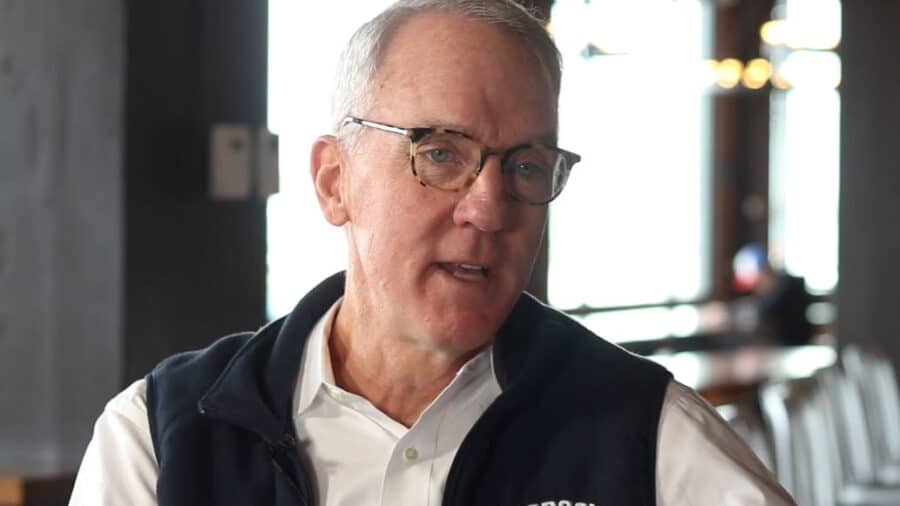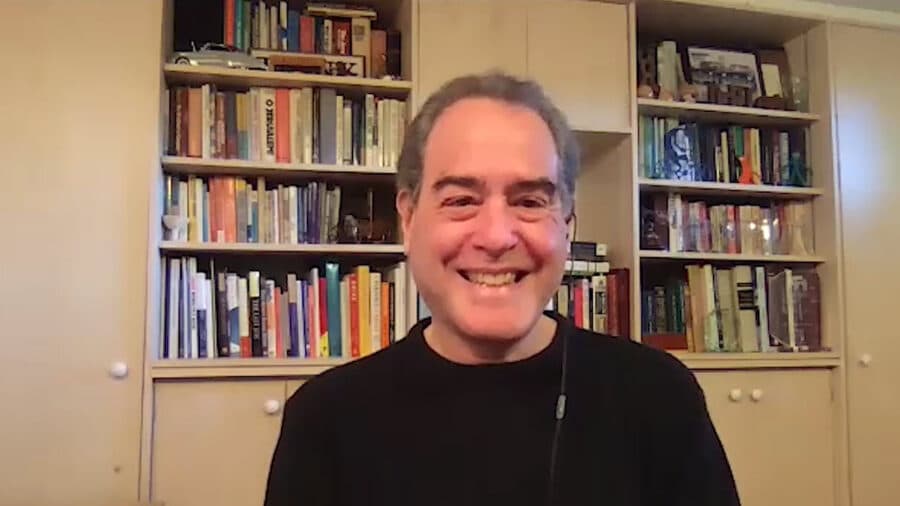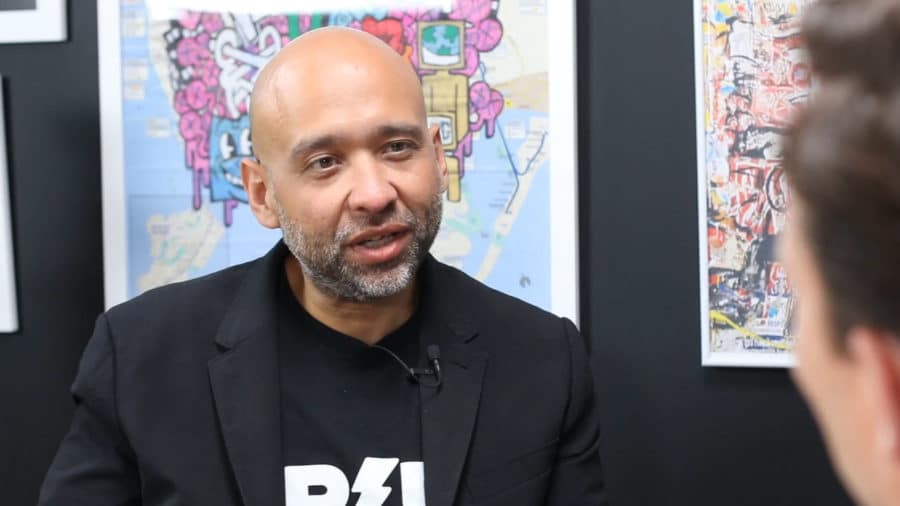Dave Zenk is the Executive Director of Metroparks Toledo. Based in Toledo, Ohio, the public agency protects and maintains 19 regional parks across more than 12,000 acres of land.
Metroparks Toledo’s history dates back nearly a century, stemming from the Great Depression and New Deal. Over the past 15 years, Dave has transformed the agency to be more agile and innovative, building 10 parks in 10 years.
I interviewed Dave to learn how he crafted this new, forward-thinking culture. His secret: a sharp focus on mission, vision, and values.
Metroparks Toledo’s mission
Originally created to put people to work during the 1930s, the Metroparks system has provided Toledo with a wealth of natural resources still enjoyed to this day. According to Dave, the agency continues to not just honor this legacy, but build upon it.
“We focus on conserving, and in some cases creating, some of the most significant natural resources,” he explained, “and then trying to figure out ways we can creatively attract people to have great experiences in those resources.”
Metropark Toledo scaled its operations significantly, growing from 70 people to more than 200 in just a few years. Yet when it came to finding great talent, Dave faced a unique challenge. Unlike commercial businesses, Metroparks is state-run, which effectively puts a ceiling on employee compensation.
“We will never be the agency that can attract talent purely based on what we’re going to pay you. We just can’t as a public agency,” he shared. “So, we had to get creative in terms of how we could bring in the right people.”
For Dave, this meant captivating people not with money or perks, but with vision and a sense of purpose. “Most people really do want to be part of something that’s bigger than themselves, something that they believe in and feel strongly about. And that’s what we sell.”
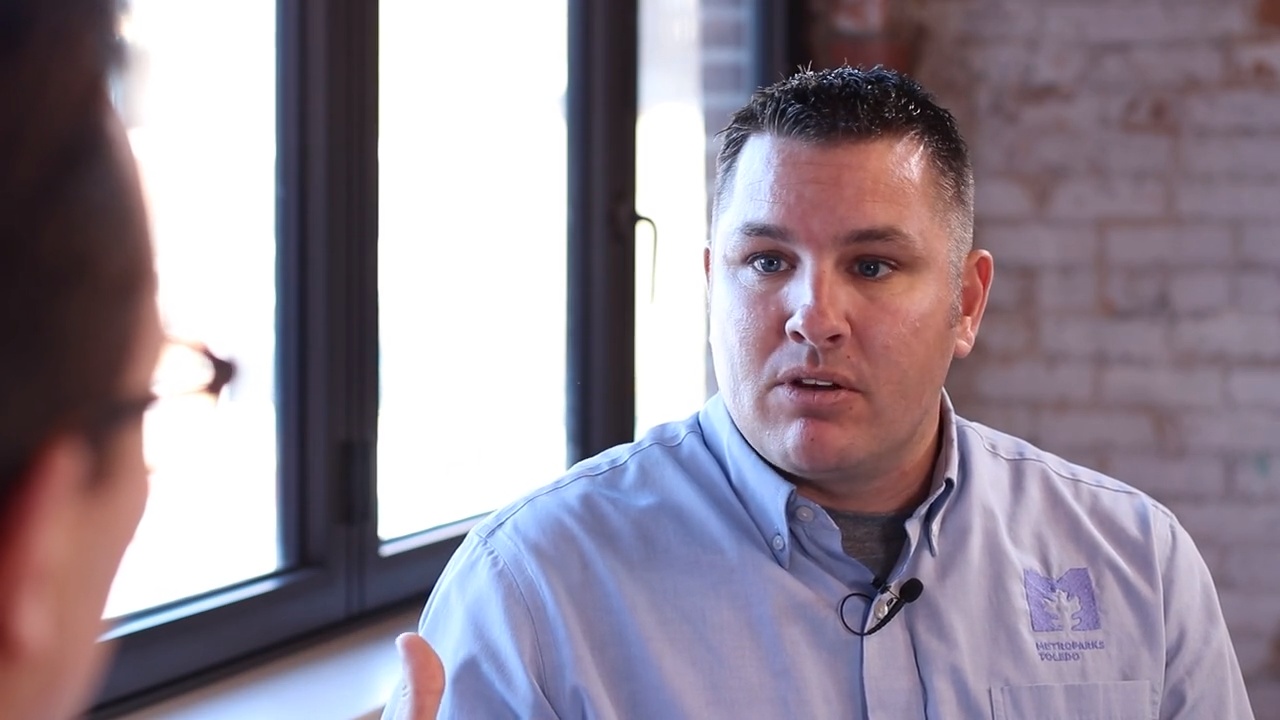
Developing an agile culture
Having operated through a depression and World War, Metroparks Toledo has decades of established protocols and institutional processes. “Most of that history, we’ve been a pretty stoic, fly-under-the-radar type of agency,” said Dave.
You wouldn’t expect a government agency to break that mold. And yet, that’s exactly what Dave and his team have done. To achieve its ambitious vision, Metroparks Toledo had to evolve its culture and inspire its teams to dream bigger.
“We’re trying to step on the gas with both feet,” said Dave. “We’re asking people to think differently. We’re asking people to push the norm and be more creative and nimble.”
He used the example of the law enforcement officers who patrol the parks. Where these officers had been trained on certain procedures, the new culture required flexible thinking, like striking a healthy balance between enforcement and education. As Dave put it, “You don’t get to someplace new by just following the way we’ve done things.”
How to motivate through change
Change doesn’t typically happen without some initial discomfort. According to Dave, this new direction created culture shock for many at the agency.
“When you go from just operating a collection of great parks to pursuing a vision that is attempting to change an entire region, that’s a big right turn.”
Being agile meant upping the pace of work. Dave relied heavily on team alignment during this period, checking to ensure employees felt comfortable within the new culture. While some decided the new direction wasn’t for them, most embraced the change. “It brought a lot of new life and energy into the majority of our team,” he said.
The cultural shift also presented new opportunities for employees, regardless of tenure. When a long-time HR director left, the agency saw a need for a much more strategic role. A manager in the volunteer department was ready to answer the call.
“Her title is the Manager of People and Performance. She helps us identify the right people, and then ensures that, once they’re in the door, they’re consistently growing.”
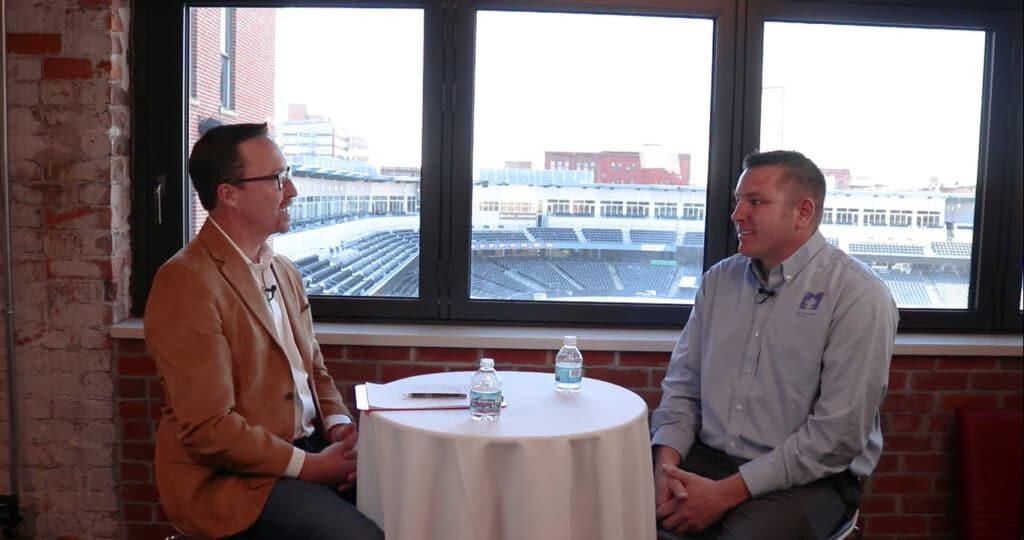
Winning the talent battle
While Metropark Toledo’s vision sets it apart from a private enterprise, one thing the agency shares is a need for great talent. In Dave’s eyes, this talent battle may be competitive, but it only fuels him to do better by his culture and people.
“We have to offer some of these things because, among our competitors, it’s status quo. So we have to not only do it; we have to do it better.”
Through strategic recruitment and hiring, Metroparks Toledo has managed to land talent from a wide range of industries. And it’s attracting this talent not with money, but with cultural appeal. “One of our managers took a six-figure pay cut to come work for us, just because what we were trying to accomplish for the region meant more to her,” Dave shared.
It’s that passion—that constant drive—that fuels everyone at the organization. The agency has made it an initiative to research emerging communities around the country, in an effort to learn from, emulate, and even outperform those benchmarks.
“Des Moines, for instance, just 10 years ago, was called the dullest city in America. And if you look today, they’re on virtually every ‘best quality of life’ list,” Dave continued. “We felt like we either could do it better, or in some cases already were doing it better.”
Building cohesive teams
To end our conversation, I asked Dave what advice he’d give himself if he could wind the clock back five years. For him, it all comes back to talent strategy—and understanding what drives his people.
“Early on, we really focused on the functional acumen—someone’s technical abilities. What we realized is, that wasn’t good enough. We have architects, engineers, law enforcement officers, and marketers. We had the skill, but we didn’t have the rapport to be able to work together.”
He continued, “It’s one thing to know what you want to do and launch a vision and go carry it out. It’s another thing to want to do that with the people you’re surrounded with.”
Talent optimization is all about creating those cohesive teams. According to Dave, PI has helped the organization hire the right talent for the team, so they can see their vision through.
“We’re using a lot of your tools now to measure not only engagement, but to understand team dynamics. How are you going to fit in with our people? What [behavioral traits] do you bring that support the team dynamic necessary to pull off the work we’re doing?”
For more on my conversation with Dave, check out our video interview.
